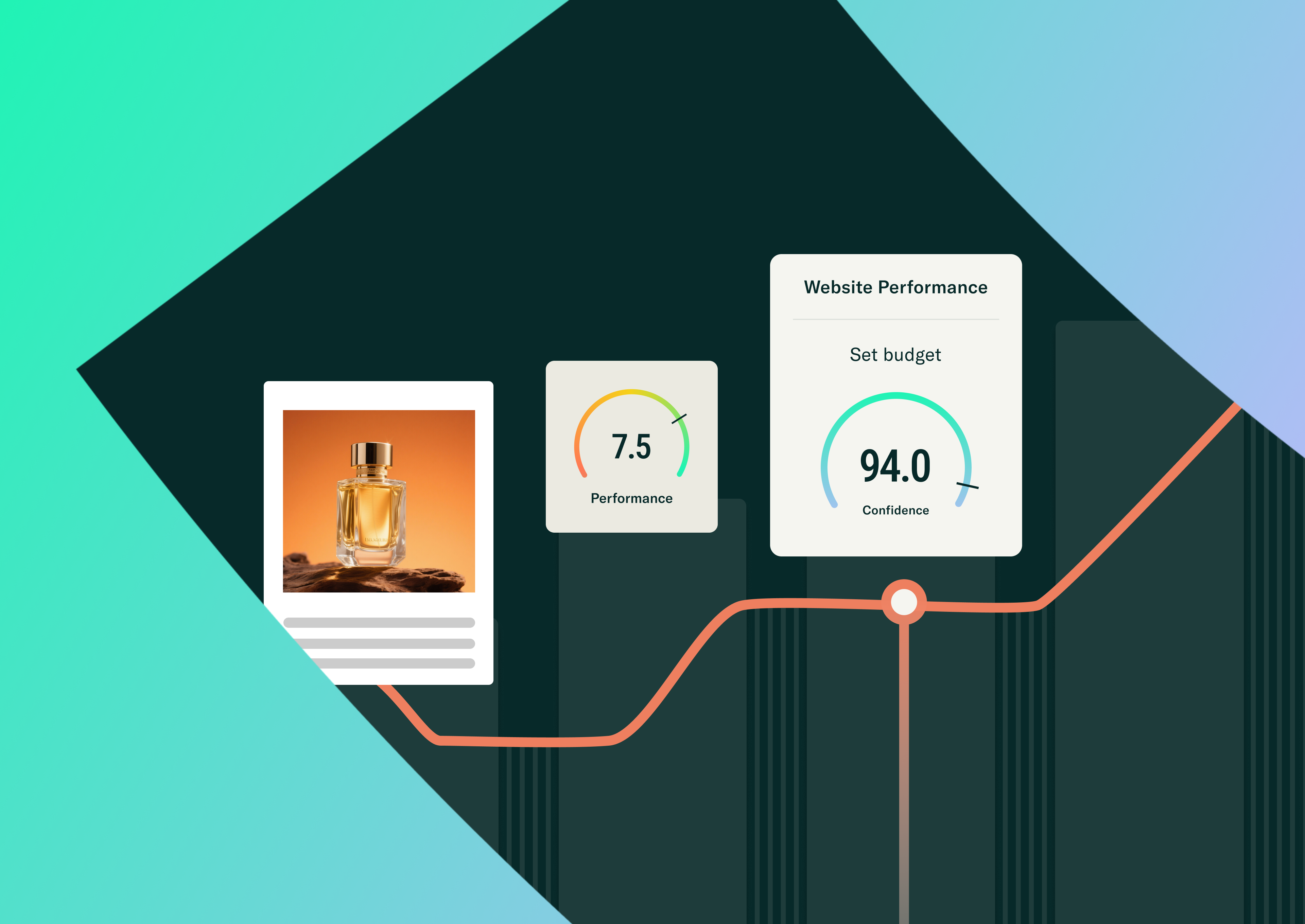Blog

Context Gap: the Root Cause of Every Annoying Marketing Challenge

Why More Ads Don’t Improve ROAS

How High-Performance Teams Beat Creative Fatigue Without Expanding Studio Headcount

Real-Time Budget Optimization: How Teams Prevent ROAS Drift Before It Shows Up in the Weekly Report

Budget Simulation Cheat Sheet: 6 Scenarios Leaders Ask For

The 10 Budget Leaks Prism Finds in Minutes, Not Days

From Dashboards to Decisions: How Growth Teams Reduce Reporting Overhead and Catch Budget Leakage Early

Understanding Multimodal AI for Performance Marketing

Top AI Tools for Facebook Ad Automation: How to Set Up and Scale



